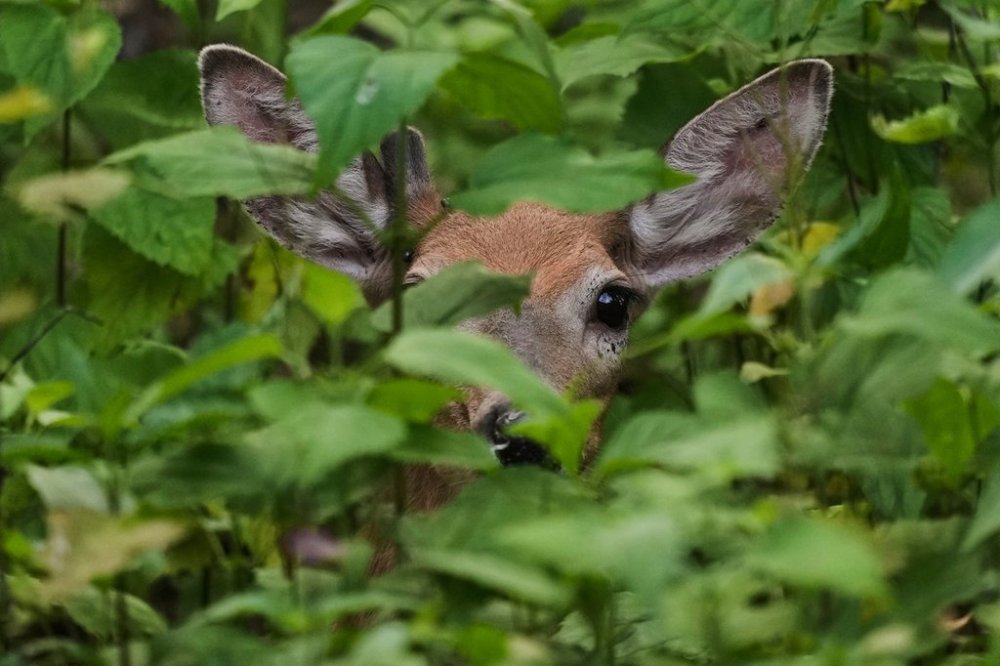B.C. investigating possible case of deer disease in Okanagan
Advertisement
Read this article for free:
or
Already have an account? Log in here »
To continue reading, please subscribe:
Monthly Digital Subscription
$0 for the first 4 weeks*
- Enjoy unlimited reading on winnipegfreepress.com
- Read the E-Edition, our digital replica newspaper
- Access News Break, our award-winning app
- Play interactive puzzles
*No charge for 4 weeks then price increases to the regular rate of $19.00 plus GST every four weeks. Offer available to new and qualified returning subscribers only. Cancel any time.
Monthly Digital Subscription
$4.75/week*
- Enjoy unlimited reading on winnipegfreepress.com
- Read the E-Edition, our digital replica newspaper
- Access News Break, our award-winning app
- Play interactive puzzles
*Billed as $19 plus GST every four weeks. Cancel any time.
To continue reading, please subscribe:
Add Free Press access to your Brandon Sun subscription for only an additional
$1 for the first 4 weeks*
*Your next subscription payment will increase by $1.00 and you will be charged $16.99 plus GST for four weeks. After four weeks, your payment will increase to $23.99 plus GST every four weeks.
Read unlimited articles for free today:
or
Already have an account? Log in here »
VICTORIA – The British Columbia government says it is investigating a potential case of chronic wasting disease in a deer harvested in the Okanagan region.
If the disease is confirmed, the province says it would be the first detection in B.C. outside an existing management zone in the Kootenay area.
A statement from the Ministry of Water, Land and Resource Stewardship says a hunter submitted a sample taken from the white-tailed deer killed east of Enderby and the results of initial testing suggested the disease may be present.

It says the sample has been submitted for further testing by the Canadian Food Inspection Agency, with results expected by early December.
Chronic wasting disease is an infectious and fatal illness affecting species such as deer, elk, moose and caribou.
While there is no direct evidence the disease can be transmitted to humans and there have been no cases in humans, the ministry says Health Canada and the World Health Organization recommend people not eat the meat of an infected animal.
There have been six confirmed cases of the disease in B.C., it says.
The province has adopted several measures recently to monitor and prevent its spread, including mandatory testing for harvested deer, moose and elk in the Kootenay region as well as restrictions around transporting carcasses.
The ministry says people outside that region are strongly encouraged to submit samples in order to understand where the disease is present.
The B.C. Wildlife Federation issued a statement from executive director Jesse Zeeman, saying it’s important that hunters submit samples for testing, even outside the mandatory zone in the Kootenays, to help manage the situation.
The provincial wildlife veterinarian has put together a team to prepare for potential next steps ahead of the test results by the CFIA, the province adds.
This report by The Canadian Press was first published Nov. 24, 2025.

